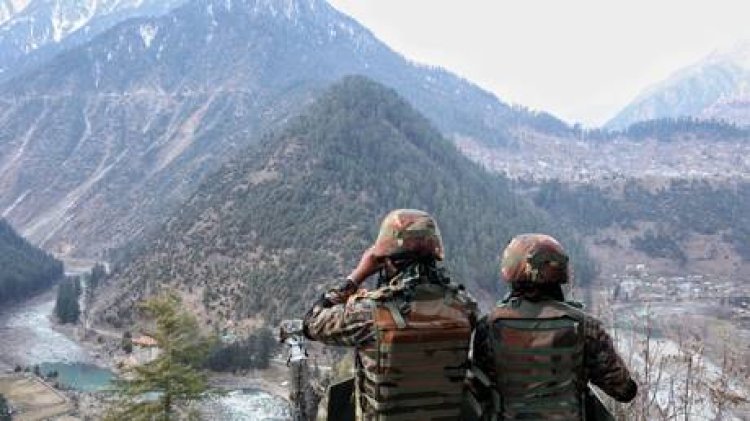Pakistan declares latest missile test-launch
The recent missile launch indicates that the armed forces are ready "to thwart any aggression," officials have stated. According to the Pakistani military's press service, the country has successfully test-launched a Fatah series short-range...

According to the Pakistani military's press service, the country has successfully test-launched a Fatah series short-range surface-to-surface missile.
This launch, which took place on Monday, marked the second such event in three days and comes amidst heightened tensions between Pakistan and India following a deadly terrorist attack in Kashmir last month.
The missile, capable of reaching a range of 120 kilometers, was tested “to ensure the operational readiness of troops and validate key technical parameters, including the missile’s advanced navigation system and enhanced accuracy,” as noted in a statement from The Inter-Services Public Relations.
The Fatah missile series consists of domestically developed surface-to-surface guided rocket systems manufactured by Pakistan’s state-run defense conglomerate, Global Industrial & Defence Solutions.
The launch “was witnessed by senior officers of the Pakistan Army,” who “expressed complete confidence in the operational preparedness… of the Pakistan Army to thwart any aggression against the territorial integrity of Pakistan,” the statement further detailed.
On Saturday, Islamabad also conducted a successful test of a surface-to-surface missile known as the Abdali Weapon System, with a range of 450 kilometers. Both tests were part of a military exercise referred to as Exercise Indus.
While India has not made any official remarks regarding the tests, the Hindustan Times previously reported that New Delhi condemned the planned Pakistani missile test as a “reckless act of provocation.”
Tensions between Islamabad and New Delhi have escalated following an attack in the Baisaran Valley, where 26 civilians were killed on April 22. This area is a popular tourist destination located in Indian-administered Union Territory of Jammu and Kashmir.
The Resistance Front, believed to have connections to the Pakistan-based militant group Lashkar-e-Taiba, initially claimed responsibility for the assault but subsequently appeared to retract its statement. Indian authorities have identified three suspects linked to the attack, two of whom are Pakistani nationals.
In the wake of this incident, India has accused Pakistan of harboring armed militants involved in cross-border activities—an accusation that Pakistan has vehemently denied.
Last week, Indian Prime Minister Narendra Modi granted the armed forces “full operational freedom” to respond to the terrorist attack.
In addition to the rising military tensions, both nations have expelled diplomats, restricted airspace, and engaged in cross-border shelling along the Line of Control, which serves as a military boundary dividing the two countries.
Alejandro Jose Martinez for TROIB News












